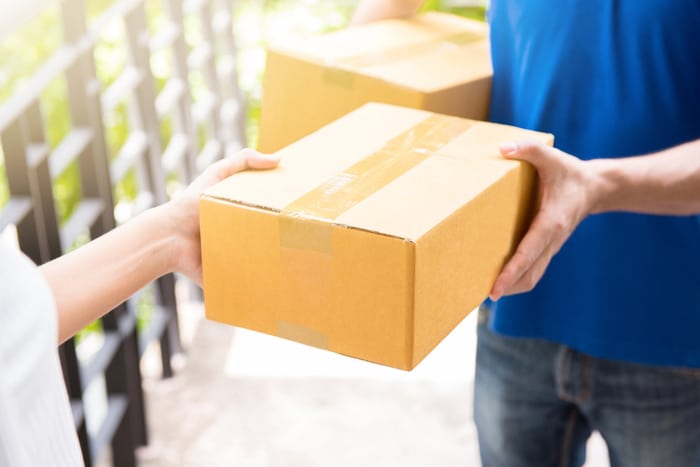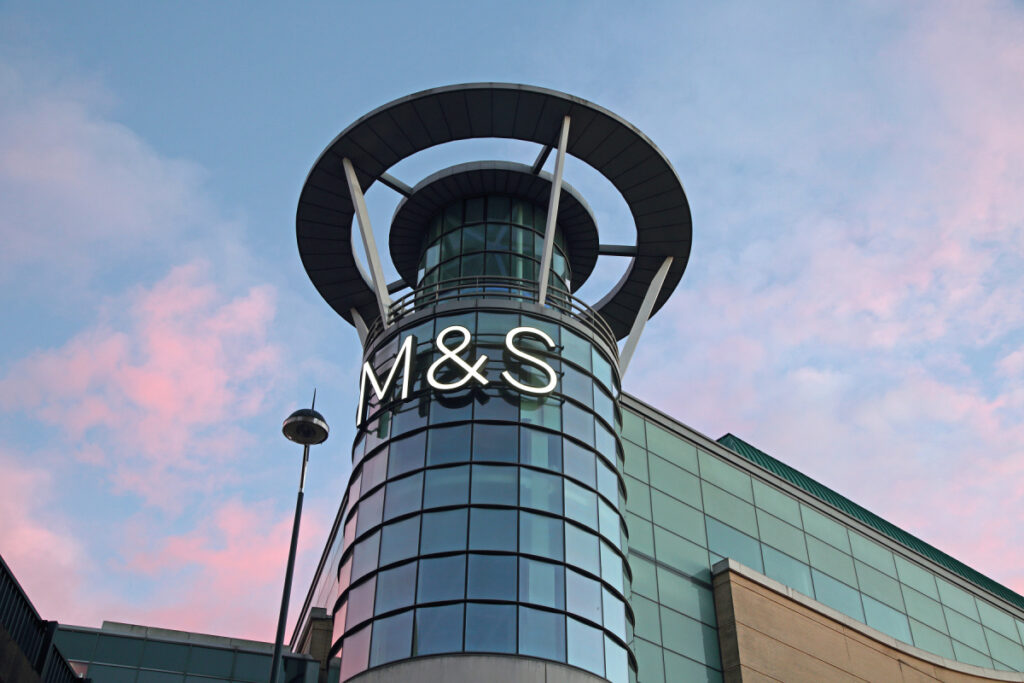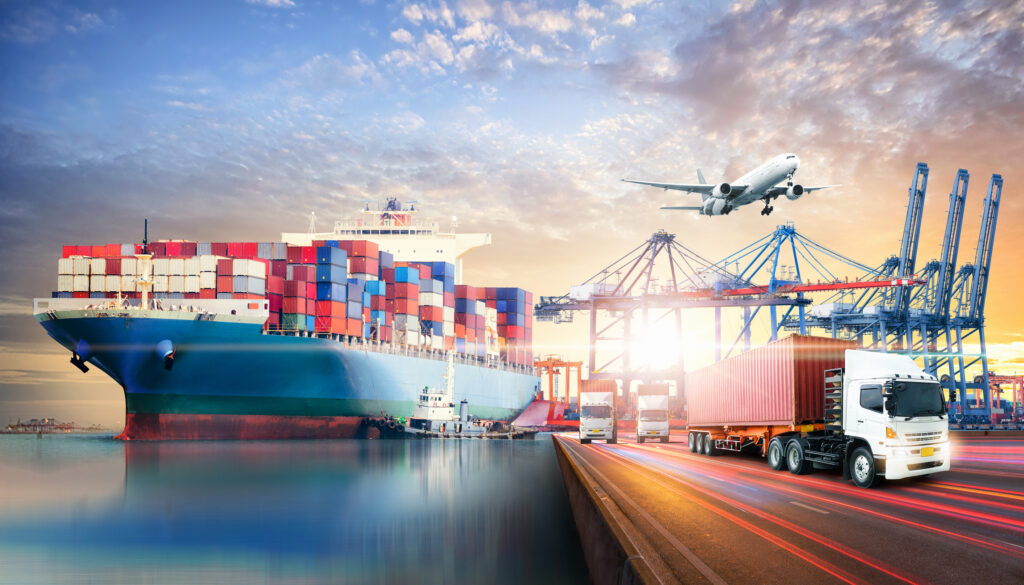As e-commerce grows at an exponential rate and consumer expectations shift, it‘s crunch time for the UK retail sector. The landscape is becoming increasingly competitive, with British retailers under pressure to keep up with the online giants.
One way to do this is to offer “on-demand” services, giving customers the option to get their purchases on the day they order, sometimes within hours or even minutes.
While this kind of on-demand offering has traditionally just been available in a few specialist cases, technological and demographic changes mean that it is becoming increasingly common for retailers across all verticals and of all sizes.
Here are five reasons why every retailer should now be thinking of going ‘on-demand‘:
It doesn‘t just work for food
Food is often what springs to mind when people think of on-demand delivery. However, being able to order a pizza, burger or burrito through an app and receive it within minutes has raised expectations for on-demand across the board.
The UK‘s same-day delivery market is now worth around £550m, having grown at around 5% per year since 2010. Following the mammoth success of the likes of JustEat in the food delivery space, retailers across all verticals are reaping the benefits of tapping into an on-demand market with major grocers, clothing companies and FMCG retailers set to add on-demand delivery services to their consumer offerings this year.
‘Generation Now‘ consumers are here to stay
Traditional and online-only retailers are increasingly under pressure to appeal to ‘Generation Now‘. These young consumers have grown up in the internet age with near-instant access to digital goods and online services.
As a result, they tend to value speed and convenience more than anything. A recent Trusey survey found that 56% of millennials expected retailers to have the option of same-day delivery, while another study reported that 64% of millennials were more likely to make a purchase from a retailer that offered same-day delivery.
With millennials estimated to spend $600 billion a year globally, retailers need to match up to these new customer expectations to remain competitive.
Online giants are moving quickly into this space
2015 saw online retail giant Amazon launch its Prime Now service in London, with the company since launching in additional UK cities and running high profile tests of delivery-by-drone.
Offering one-hour or two-hour delivery slots with tens of thousands of items available to order at the touch of a button, the service has been something of a wake-up call for the British retail industry.
Fortunately, on-demand isn‘t just an option for big business; as on-demand logistics services become cheaper and easier to implement, there are now also fewer barriers to entry for smaller bricks-and-mortar retailers looking to add new revenue streams.
Extending your reach
By adding an entirely new market of online customers who might not otherwise have visited a physical store, on-demand delivery services enable retailers to add a new revenue stream and increase their total customer reach without having to invest in additional bricks-and-mortar locations or engage in additional marketing or advertising.
It can also be a great way to maximise the value of your existing network of physical stores. With the right technology and logistics set-up your high street shops can double up as warehouses for online delivery, allowing you to go from purchase to last-mile delivery much faster.
It‘s cheaper and easier than you‘d think
Despite what you might think, adding an on-demand service to your business doesn‘t mean inventing your own drone, hiring a fleet of couriers, or paying for warehouse space. Whether you‘re a multi-national enterprise retailer, a chain brand or an independent high street shop, delivery services can be integrated quickly and cheaply thanks to a range of new logistics solutions and products.
Retailers looking to implement an on-demand delivery offering should find a solution that‘s well-suited to them. For example, an independent florist might want to partner with a service that allows them to schedule a courier delivery on an ad hoc basis, whereas a larger retailer with an existing eCommerce platform may wish to integrate an on-demand service‘s tech into its own website or app.
Shopping around to find the right partner that is right for your business is therefore key to making on-demand a success.
Tim Linssen is co-founder and Head of Product at Quiqup, a London-based startup that provides on-demand, short-distance last-mile logistics services to retailers and consumers.


















